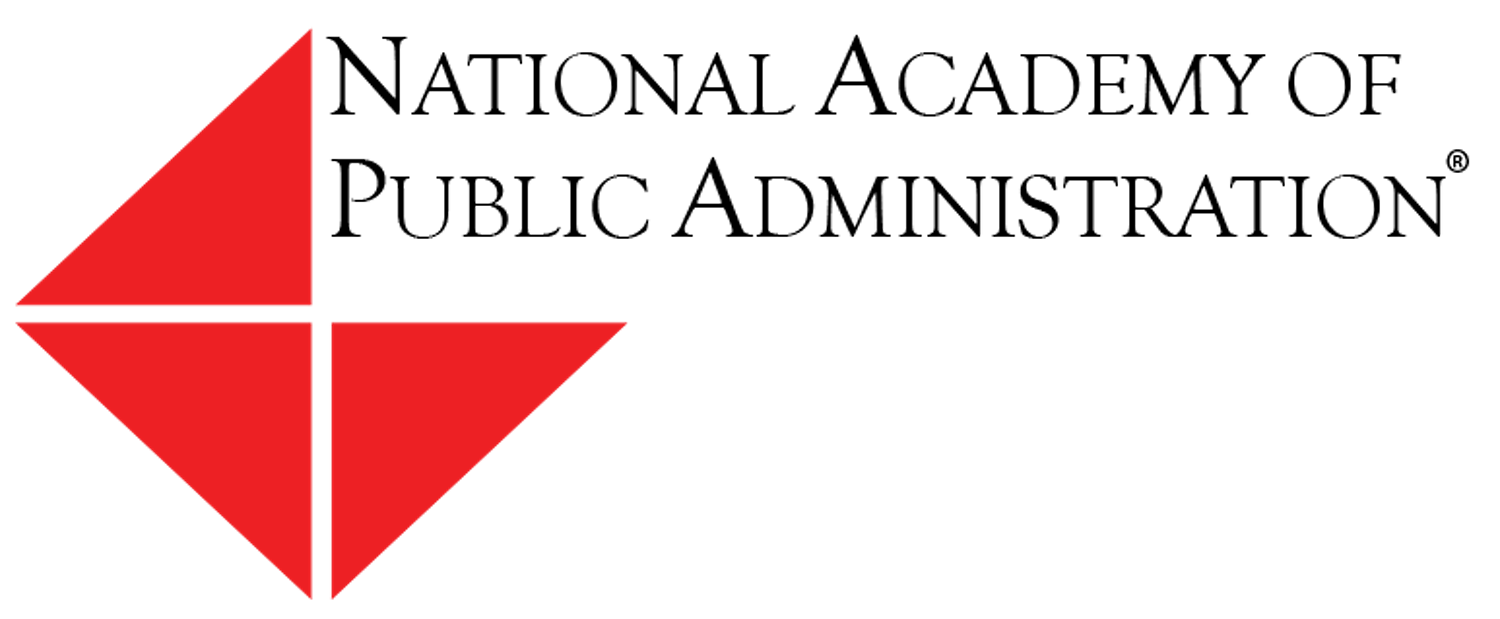
THE HARD JOB OF PROVIDING SOFT SKILLS TO PUBLIC SECTOR LEADERS
Post Date: May 10, 2017
By: Ernest J. Wilson III
Both the public and private sectors are struggling desperately to find the talent they need in a rapidly changing and uncertain world. This is true for so-called ‘hard skills’ like engineering and math; but it is also true, especially for leaders and senior managers, for interactive or ‘soft skills’. We are familiar with the undersupply of CIOs and CTOs. Less well known is the massive undersupply of people with ‘soft skills’, a gap between demand and supply of ‘interactive’ skills that according to McKinsey & Co. leaves between $800 billion to $1 trillion on the table in just 4 sectors of the U.S. economy annually.
This is an important issue that the National Academy of Public Administration is well placed to address. Here’s why I say so.
I have seen these talent shortages up close from multiple vantage points. Through my work on the Computer Science and Telecommunications Board, with the Academy of Engineering, and through interviews at Google, Face Book and LinkedIn, I’ve seen how the high tech world badly needs ‘soft skills’ to achieve its purposes. Through advisory work I’ve seen the soft skill needs of the State Department, the City of Los Angeles, the intelligence community, and the World Bank. And as a scholar and academic dean, I also see what institutions like the Academy can do to help identify and address the shortages of soft skills in public service.
Specifically, for the last five years I have led a multi-disciplinary research team at the USC Annenberg School for Communication and Journalism analyzing the worrisome supply-demand gap for interactive skills in the US and abroad. We identified the five most critical soft-skill competencies companies require -- Adaptability, Cultural Competence, Empathy, Intellectual Curiosity and 360 degree thinking (think “A C E I T.”) Alas, neither traditional engineering nor business education is fully supplying them. Our evidence suggests a “Third Space” is needed to provide these critical competencies. The USC Annenberg School has created the Center for Third Space Thinking (www.uscthirdspace.com) and started ACE IT courses for undergrads and graduate students, as well as executive education for clients from tech giants like IBM, to leading talent companies like Korn-Ferry and Robert Half, and $20 billion electronics firm Arrow Electronics.
As an academic and a practitioner with years of experience in government, I believe strongly that public service agencies, especially at the highest levels, also need to do a much better job hiring, nurturing, training and promoting people with Third Space skills. Agency leaders need to understand better how our rapidly changing political and demographic conditions require their personnel to use their soft skills in smarter, more targeted ways – whether in new areas like governing the ‘Internet of Things’, or in more traditional policy areas like health care or housing.
Against the backdrop of our bitter national elections, those in policy and public administration must demonstrate these competencies more than ever. Institutions like the Academy that regularly bridge the silos between governments, companies and research bodies are perfectly placed to make unique contributions to help close this 21st century talent gap.
Ernest J. Wilson III is an Academy Fellow and has worked on Capitol Hill, in the White House and federal agencies. He is Dean of the Annenberg School for Communication and Journalism, and writing a book on Third Space Thinking.